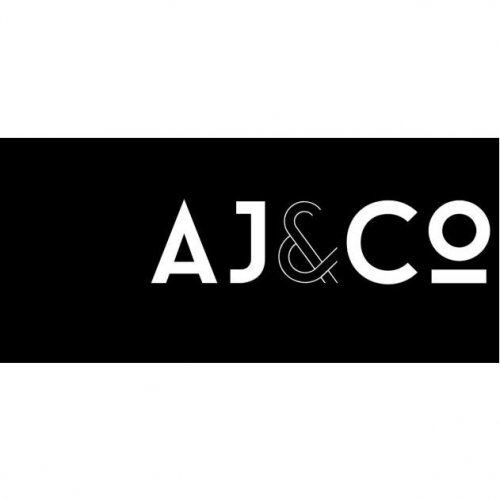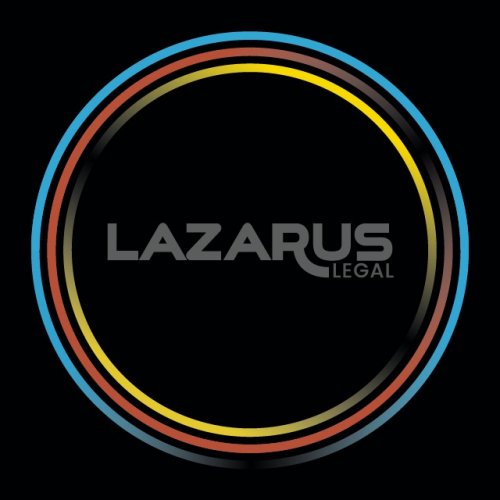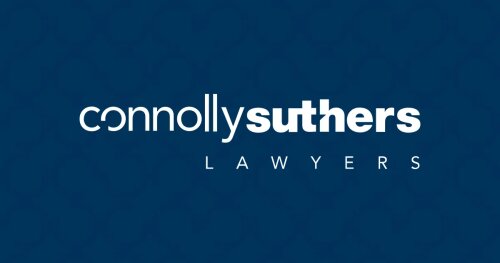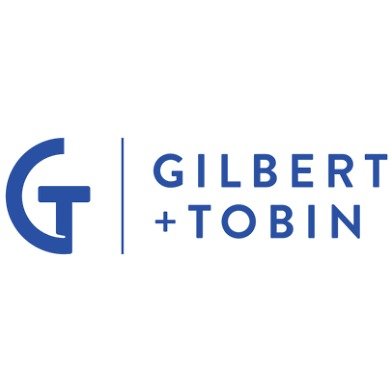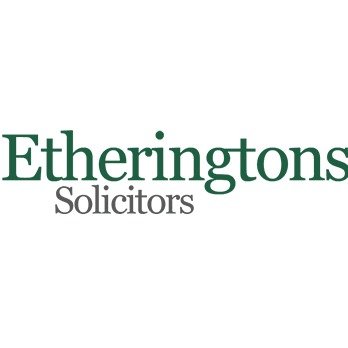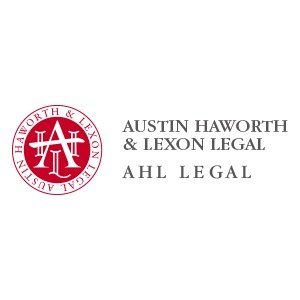Best FDA Law Lawyers in Sydney
Share your needs with us, get contacted by law firms.
Free. Takes 2 min.
List of the best lawyers in Sydney, Australia
About FDA Law in Sydney, Australia
FDA Law broadly refers to the regulatory framework that governs food, drugs, medical devices, cosmetics, and therapeutic goods. In Sydney, Australia, FDA Law is not enforced by the United States Food and Drug Administration (FDA); instead, it is managed primarily by Australian authorities such as the Therapeutic Goods Administration (TGA) and Food Standards Australia New Zealand (FSANZ). These bodies establish and enforce standards to ensure that products are safe, effective, and marketed accurately. Compliance with these laws is crucial for manufacturers, importers, retailers, and healthcare professionals.
Why You May Need a Lawyer
Navigating regulatory requirements in FDA Law can be an overwhelming and complex process. Here are some common situations where legal advice is essential:
- Bringing a new food, drug, or medical device to the Australian market
- Ensuring your product meets labelling, advertising, and safety standards
- Responding to recalls, compliance notices, or enforcement actions from regulators
- Disputing regulatory decisions or challenging rejected applications
- Negotiating licensing, distribution, or sale agreements
- Handling claims related to adverse events, contamination, or product liability
- Understanding evolving regulations regarding import or export of health products
- Strategising intellectual property protection for therapeutic goods
Local Laws Overview
The regulation of food, drugs, and therapeutic goods in Sydney, Australia, is shaped by both federal and state laws. The key legal frameworks include the Therapeutic Goods Act 1989 (Cth), which controls the quality, safety, and supply of therapeutic goods, and the Food Standards Australia New Zealand Act 1991 (Cth), which establishes food standards for safety and labelling.
In practice, this means:
- Therapeutic goods (drugs, medical devices, and related products) require registration with the TGA before being supplied in Australia.
- All foods sold must comply with the Australia New Zealand Food Standards Code, including labelling, contaminants, and additives.
- Advertising of therapeutic goods is tightly regulated to prevent misleading claims.
- Manufacturers, importers, and sponsors have ongoing post-market obligations including reporting adverse events and maintaining product safety.
- The New South Wales Food Authority oversees food safety enforcement in Sydney.
- There are special rules for complementary medicines, medical cannabis, and export goods.
Frequently Asked Questions
What is the Therapeutic Goods Administration (TGA)?
The TGA is the Australian Government agency responsible for regulating therapeutic goods, including medicines, medical devices, and some health-related products, ensuring they meet strict safety and quality standards.
What products need TGA approval?
All therapeutic goods, such as prescription medicines, vaccines, medical devices, over-the-counter medicines, and some supplements, must be approved and listed or registered on the Australian Register of Therapeutic Goods (ARTG) before being sold or supplied.
Who regulates food safety in Sydney?
Food safety is regulated by a combination of federal agencies, primarily Food Standards Australia New Zealand (FSANZ), and state agencies, such as the NSW Food Authority, which enforce compliance at state and local levels.
How are cosmetics regulated in Australia?
Most cosmetics are regulated as industrial chemicals under the Australian Industrial Chemicals Introduction Scheme (AICIS). However, products making therapeutic claims may be regulated as therapeutic goods by the TGA.
Do I need to register a food product before selling it?
Generally, individual food products do not require registration unless they are classified as a novel food. However, all foods must comply with the Food Standards Code, and certain businesses may need licenses or notifications based on the type of food and operations.
What are the requirements for advertising therapeutic goods?
Advertising must comply with the Therapeutic Goods Advertising Code. Claims must be truthful, not misleading, and supported by evidence. Some products and concepts cannot be advertised to the public at all.
Can I import therapeutic goods from overseas?
Importing therapeutic goods into Australia is tightly regulated. The goods usually must be registered with the TGA and comply with local standards. There are limited allowances for personal importation, but businesses need approval.
What should I do if my product is recalled?
You must comply with instructions from regulators like the TGA or NSW Food Authority. Legal guidance can help you manage required notifications, consumer communication, and your obligations to avoid penalties.
What penalties exist for non-compliance?
Penalties for breaches can be substantial and may include fines, product recalls, bans, criminal charges, or litigation from affected consumers or businesses.
How can a lawyer assist with FDA Law issues?
A lawyer can help you interpret regulatory requirements, prepare submissions or applications, represent you during investigations or enforcement actions, draft compliant contracts, and protect your business interests in disputes.
Additional Resources
Consider consulting the following agencies and organizations for more information and official guidance:
- Therapeutic Goods Administration (TGA)
- Food Standards Australia New Zealand (FSANZ)
- NSW Food Authority
- Australian Competition and Consumer Commission (ACCC)
- Australian Pesticides and Veterinary Medicines Authority (APVMA)
- Australian Industrial Chemicals Introduction Scheme (AICIS)
- Local business chambers and industry associations specializing in healthcare or food industries
Next Steps
If you believe you need legal assistance in FDA Law in Sydney, Australia, follow these steps:
- Gather all relevant documents related to your product, business operations, correspondence with regulators, and any communications received from authorities.
- Clearly define your issue or question before reaching out for legal advice.
- Contact a lawyer who specializes in FDA Law or regulatory compliance in Sydney. Many firms offer an initial consultation to assess your situation.
- If involved in an enforcement action or recall, do not delay seeking assistance, as response times can be critical for compliance and reputation management.
Early legal advice can help you avoid costly errors, ensure compliance, and protect your business. Take proactive steps to understand your obligations and rights under Australian FDA Law.
Lawzana helps you find the best lawyers and law firms in Sydney through a curated and pre-screened list of qualified legal professionals. Our platform offers rankings and detailed profiles of attorneys and law firms, allowing you to compare based on practice areas, including FDA Law, experience, and client feedback.
Each profile includes a description of the firm's areas of practice, client reviews, team members and partners, year of establishment, spoken languages, office locations, contact information, social media presence, and any published articles or resources. Most firms on our platform speak English and are experienced in both local and international legal matters.
Get a quote from top-rated law firms in Sydney, Australia — quickly, securely, and without unnecessary hassle.
Disclaimer:
The information provided on this page is for general informational purposes only and does not constitute legal advice. While we strive to ensure the accuracy and relevance of the content, legal information may change over time, and interpretations of the law can vary. You should always consult with a qualified legal professional for advice specific to your situation.
We disclaim all liability for actions taken or not taken based on the content of this page. If you believe any information is incorrect or outdated, please contact us, and we will review and update it where appropriate.



